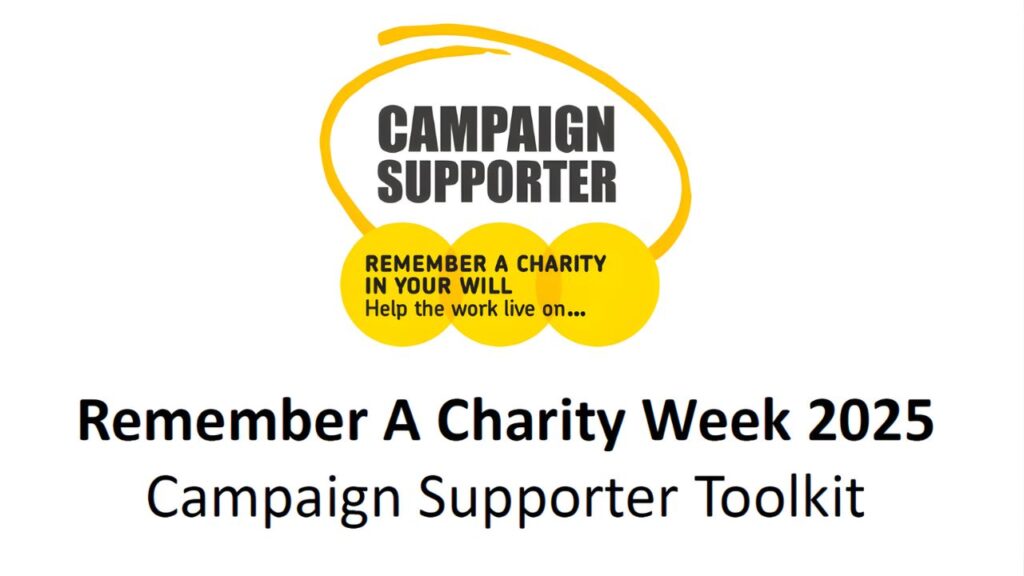We’ve put together the answers to some frequently asked questions about Wills. If your question isn’t answered here or you’d like to speak to an expert for more information, our team will be happy to help.
We’ll be happy to talk to you about your unique circumstances, but a general rule of thumb says that Wills should consider:
If you die without leaving a Will, it’s called dying intestate. It means you won’t have appointed Executors to act on your behalf and – even more importantly – you’ll have no say in what happens to your assets or who inherits. Instead, the strict rules of intestacy come into play and a lot will depend on the value of your assets.
If you don’t have a Will, any assets passing to your children will be given to them when they turn 18. If you want them to inherit when they’re a bit older – say 21 or 25 – then you’ll definitely need to make a Will.
If you live with your partner but aren’t married, it’s important to note that there’s no provision under the rules of intestacy for partners, cohabitees or step-children. Lots of people are surprised by this. If you’re in a long-term relationship and you want to provide for your partner and their children then you must make a Will.
Executors manage your Will through probate. They make sure that the terms and wishes of your Will are honoured and they distribute assets to the people you’ve chosen – known as beneficiaries. Executors are also responsible for organising the funeral.
Executors must be at least 18 years old. We recommend thinking hard about choosing people who have the time and skills to cope with the important responsibility. Executors can be beneficiaries of your Will and many people choose their spouse or adult children to manage their Will through probate. You can also choose other family members, friends or professionals. It’s a good idea to talk to your proposed Executors to make sure they’re happy to do the job.
If you have children under 18, you may need to appoint guardians to take parental responsibility for them if you pass away. You should consult with your choice of guardian to make sure that they’re happy to take on this responsibility.
Here are the answers to a few of our most commonly asked questions about property trusts. If your question isn’t answered here, or you’d like to find out more about whether a property trust is right for you, please get in touch.
Property trusts can be really important if you own a property jointly with someone else, or if someone lives in your house with you but doesn’t own it. Rather than leaving your share of your property to your co-owner or partner if you die first, a property trust means that they can stay living in the house without owning your share of it. Instead, your assets will go to your chosen beneficiaries when the co-owner passes away.
One of the main reasons that people choose to have a property trust is to protect their assets if their spouse remarries. If you leave your share of your property to your spouse outright, they will then own the whole house. So if they remarry, your assets could end up being inherited by their new spouse, or even the new spouse’s children, rather than your own children or preferred beneficiaries.
Another reason that people choose to have a property trust is to help protect your share of the property from being used up in care home fees. If you leave your estate to your spouse or partner outright, and they need care in later life, then all of their assets will be taken into account, and may be used to fund the cost of care. Having a property trust in place could mean that only your spouse’s share of the property is taken into account, reducing their responsibility for fees and protecting your share of the property.
Want to learn more about making a lasting power of attorney? Here are the answers to a few of our most commonly asked questions. If your question isn’t answered here, or you’re looking for tailored advice, please get in touch today.
A lasting power of attorney (LPA) lets you choose someone to act on your behalf and to make decisions for you if you lose your mental capacity – perhaps due to an illness, accident or old age. There are two kinds of LPA, one to cover your property and financial affairs and one to cover your health, care and medical decisions. You can set up just one type of LPA, but to be fully protected, we suggest that you have both kinds.
Yes, people often choose very close family members as attorneys. They could be asked to make very important and personal decisions on your behalf, so your attorneys should always be people you trust 100%.
Nobody likes thinking about worst case scenarios, but people can lose mental capacity even at a young age. So it’s best to make sure that your wishes are clear sooner rather than later. When you have an LPA in place, it will minimise delays or misunderstandings in dealing with your affairs if and when it becomes necessary.
If you still have capacity, you can remove an attorney or cancel your complete Lasting Power of Attorney at any time by writing to the Office of the Public Guardian.
Your attorneys for financial matters will be able to manage your bank accounts and investments, talk to your bank and sort out any problems, carry on your business, pay your bills, arrange for any care fees to be paid and make sure you get any money that you’re entitled to.
Your attorneys for health matters can make care or treatment decisions on your behalf, such as who should provide your care, whether you should go to live in a residential home, whether or not you should have a particular operation or medication and what should happen if you become unconscious. If you don’t have an LPA, your family may be consulted by medical professionals, but the final decision-making power would remain with the doctor in charge of your care.
It’s never too soon to start planning for what you want to happen with your estate after you die. Nobody likes to think about it, but it’s best to just face the music and get it sorted. We’re here to make it easy and hassle-free. Here are some of the questions we get asked a lot. If you’d like to find out more about estate planning, please get in touch.
Estate planning is managing your assets – your property, savings, shares and so on – in a proactive way. Effective estate planning often means that you can leave more of your estate to your family or other beneficiaries by transferring assets in a tax-efficient way.
Your estate is the total of everything you own. From large assets, such as your home or other properties, to personal possessions such as furniture, jewellery, musical instruments, cars – and everything else.
Inheritance tax is calculated based on the value of your estate. Depending on the value of your assets and who your beneficiaries are, your estate may or may not be liable for inheritance tax. We can advise you on your personal circumstances and how to make sure your beneficiaries receive the maximum amount possible under the law.
Most of us have to deal with probate at some point. Here are the answers to a few of our most commonly asked questions. If your question isn’t answered here, or you’d like to find out more about probate, please get in touch.
The process of administering someone’s estate when they die is called probate. When someone dies, a formal grant of probate must be obtained from the probate registry so that the estate can be divided between their beneficiaries. There are circumstances when a grant isn’t needed, such as if the estate is worth less than £5000. Many people think that their estate isn’t worth that much, but are surprised how much it all adds up to when personal possessions, cars, jewellery, shares and cash savings are included.
If you’ve been named as the executor of a Will, you’ll need to know about probate. It’s your responsibility to sort out the affairs of the person who has died. You’ll have to access their bank accounts, investments and other assets so that you can pay their debts and any inheritance tax, income tax or capital gains tax. You’ll also be responsible for distributing their estate. For all this, you’ll need a grant of probate.
There are 3 main stages to obtaining probate. Don’t worry, we know it might look daunting, but we can guide you through it.
If someone has died without leaving a Will, their next of kin will usually take on the responsibility for Letters of Administration. The process is a bit different, but we’ll guide you through each step.
We’re looking forward to helping you get your estate planning sorted.
Don’t worry if you’re not sure where to start. We’re here to guide you through the process.
The guidance and/or information contained within this website is subject to the regulatory regime of England and Wales and is therefore targeted at consumers based in the England and Wales only.
Customer service email address: admin@lamond-wills.co.uk.
Return policy: You have a right to cancel any agreement within 14 days by emailing the company using our customer service email address above.
© 2026 Lamond Wills Ltd Registered in England & Wales, No. 12618945.
Registered Office: Lamond Wills, Sparkhouse, Ropewalk, Lincoln, LN6 7DQ.



The guidance and/or information contained within this website is subject to the regulatory regime of England and Wales and is therefore targeted at consumers based in the England and Wales only.
Customer service email address: admin@lamond-wills.co.uk.
Return policy: You have a right to cancel any agreement within 14 days by emailing the company using our customer service email address above.
© 2024 Lamond Wills Ltd Registered in England & Wales, No. 12618945.
Registered Lamond Wills, Sparkhouse, Ropewalk, Lincoln, LN6 7DQ.